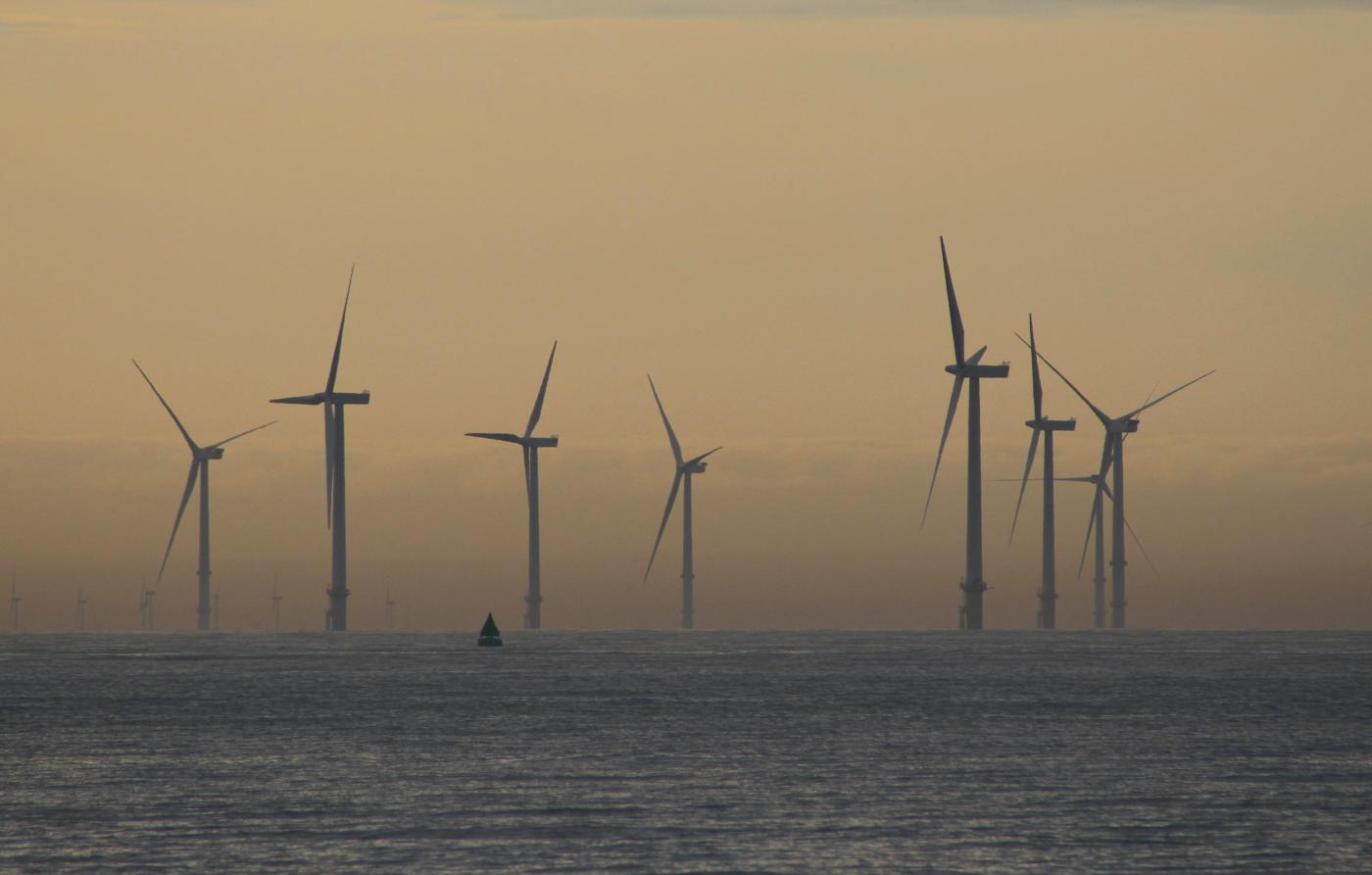Offshore wind farms to contribute 18 GW to Poland’s power grid by 2040
Offshore wind farms will contribute 18 GW to Poland’s national power system by 2040, announced Jakub Budzyński, President of the Polish Offshore Wind Energy Society (PIMEW), during a conference on Thursday. Pomeranian Deputy Voivode Emil Rojek emphasized the strategic importance of these developments.
business power engineering maritime economy offshore news10 april 2025 | 15:53 | Source: PAP / Gazeta Morska | Prepared by: Kamil Kusier | Print

fot. Pixabay
The XIII National Maritime Law Conference is taking place this Thursday at the Faculty of Law and Administration at the University of Gdańsk, focusing on key legal and regulatory aspects of offshore wind energy from a Polish perspective.
President Budzyński highlighted that as of late last year, Poland's transmission system operator PSE reported a total installed generation capacity of 72 GW (72,000 MW) in the National Power System (KSE).
- Offshore wind farms will deliver 18 GW to the Polish grid by 2040 — and in practice, much sooner, likely around 2036–2037. That’s just 12 years from now, Budzyński explained. - Compared to current levels, this will represent a 25% increase in installed capacity — and of exceptionally high quality.
While offshore wind is already a well-established sector across Western Europe, in Poland it is still considered an emerging innovation. Budzyński stressed that its development represents not only a major opportunity for higher education and academic research, but also a powerful catalyst for revitalizing technical and vocational training.
Pomeranian Deputy Voivode Emil Rojek underscored the scale of the investment: “Since the construction of Gdynia, we haven’t seen such a vast and capital-intensive undertaking in the maritime economy.”
Member of the European Parliament Magdalena Adamowicz noted that enhancing the competitiveness of the EU economy through the development of sustainable energy sources is a priority for the new European Commission. She emphasized that the energy transition is not a choice but a necessity.
- We must remain pragmatic in aligning with our actual capabilities — and that’s what we’re advocating for. We’ve already seen the drawbacks of overly restrictive and fast-paced regulations from the previous term. While we won’t be reversing them, we will certainly be slowing things down, Adamowicz stated.
see also
Buy us a coffee, and we’ll invest in great maritime journalism! Support Gazeta Morska and help us sail forward – click here!
Kamil Kusier
redaktor naczelny
comments
Add the first comment
see also
Orlen discovers Sissel gas field in the North Sea
The Polish flag: twenty years of drift and a belated change of course. More than just the white-and-red
Jantar Unity ready for service. Is it time for the Polish flag?
Poland as a stable gas supplier for the region and strengthening supply security
Port Haller: Poland’s new strategic gateway on the Baltic Sea
Jantar Unity: modernization of POLSCA fleet and Baltic ro-pax shipping
ORP Henryk Zygalski launched at Remontowa Shipbuilding under Saab Kockums program
US government allocates USD 13.8 million to rebuild shipbuilding workforce
ORLEN awarded new licences on the Norwegian Continental Shelf
ORP Drużno returns to service following intermediate dock repair
ADVERTISEMENT
ADVERTISEMENT